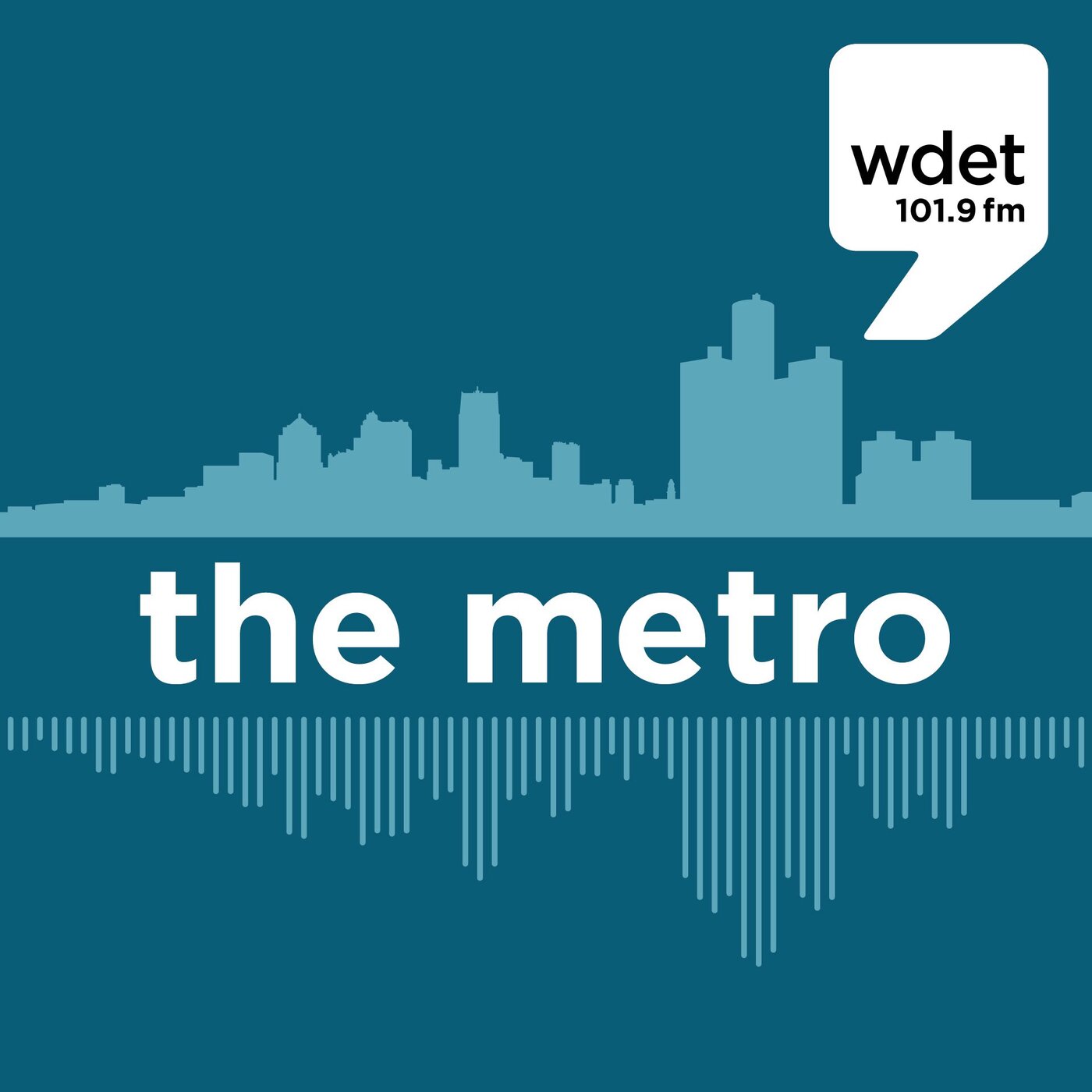About this episode
Published September 2nd, 2025, 06:52 pm
I-375 is not just a concrete thoroughfare — it is a reminder of how Black neighborhoods were sacrificed, and how the promise of repair remains unresolved today.
When it opened in the 1960s, the freeway bulldozed Black Bottom and Paradise Valley. Those neighborhoods had been cultural and economic hubs for Black Detroiters. Residents were displaced and businesses were cut off.
Decades later, state and city leaders proposed replacing that mile of freeway with a surface boulevard. They said the plan was more than infrastructure. It was meant to acknowledge the historic harm wrought by I‑375’s construction.
But costs for the plan soared. And the design? Well, it still looks like a highway to many. Earlier this month, MDOT hit pause. Supporters call the pause a chance to rethink, but critics worry it means the project may never get off the ground.
Michigan State Sen. Stephanie Chang (D-Detroit) has been one of the most vocal leaders pressing for change. She has pushed to scale back the boulevard, center safety, and she wants to ensure any new land honors the legacy of families and businesses displaced decades ago.
She joined Robyn Vincent on The Metro to discuss what the start of real repair could look like.
Social media links
Subscribe
